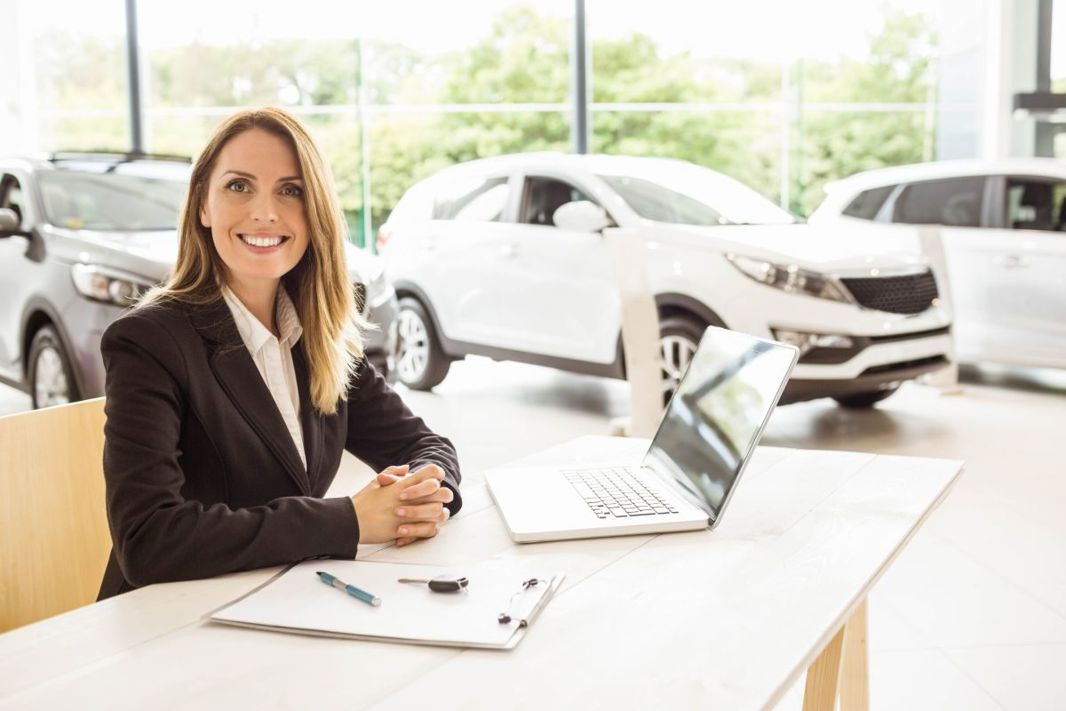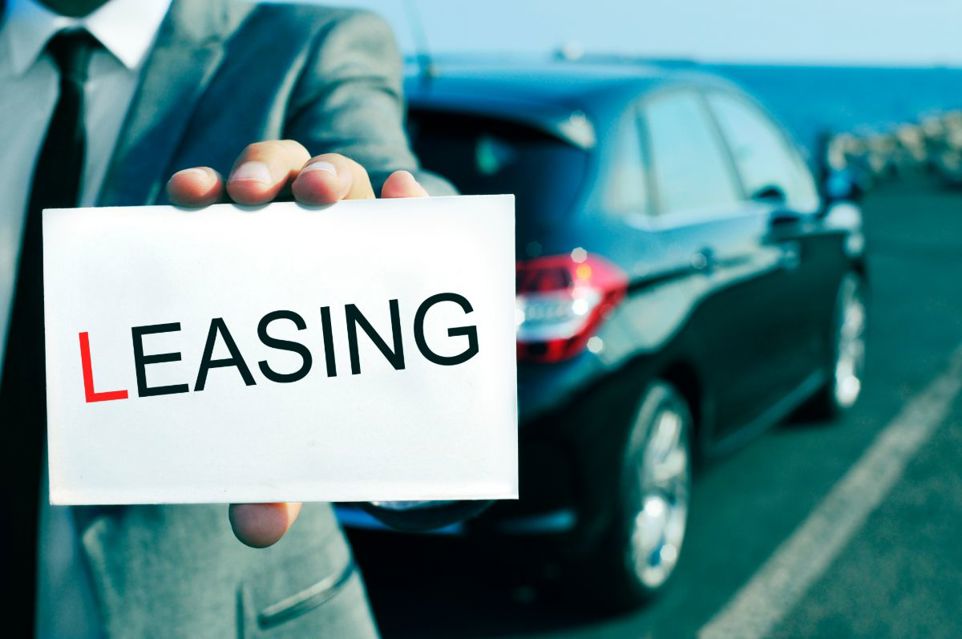Buying or leasing are the two main options for getting a new car. Both come with their own set of benefits and drawbacks, and the right decision depends on your financial situation, driving habits, and long-term goals.

What’s the difference really? When you buy, you own the car (even if you’re using finance) and you can do with it what you please. When you lease, you’re essentially paying for the use of the car rather than acquiring a stake in the asset. There are lots of different lease types, but the basic principle is the same: you pay to use the car, then you give it back.
Advantages of buying
One of the main benefits of buying is full ownership, meaning that once you pay off the car, it is yours to keep, so you have an asset that you can simply use, or trade-in on another vehicle.
There are no mileage restrictions, so you can drive as much as you want without incurring penalties. Additionally, you don’t have to worry about wear-and-tear fees, which are often associated with leasing agreements. If you plan to keep a car for a long period, buying can make more sense.

There’s also upfront financial flexibility in buying. If you’re paying in cash, that gives you more purchasing power at the dealership. If you are financing, there are multiple options, like a dealer-affiliated programme, another finance company of your choosing, a bank… or even borrowing from family members.
Disadvantages of buying
The initial cost is higher, as it often (though not always) requires a significant upfront deposit. There are also onroad costs and insurance, which you will need to pay before you car drive the car away.
And while vehicles are indeed an asset, they also depreciate, which means your vehicle will lose value over time. It’s hard to know exactly how much, and therefore how much it’s costing you each month, until you come to sell it again.
If you’ve financed, there will still be monthly payments and they’ll be higher than a lease, because you’re paying off the whole vehicle.
Once the warranty expires, maintenance and repair costs become your responsibility. Moreover, purchasing a car ties up a significant amount of capital in a depreciating asset, which could be used for other purposes – perhaps investments that could actually make you money.
Advantages of leasing
Lease payments are lower than car loans, making it a more budget-friendly option in the short-term. Leasing allows you to drive a new car every 2-4 years without the hassle of selling or trading your old vehicle, so you’re driving the latest in performance, efficiency and safety.

Since you do not own the car, you’re not affected by depreciation, which can be a financial burden for car owners. Some lease agreements can include servicing, Warrant of Fitness (WOF) and even insurance. Fixing monthly costs makes it easier to manage your finances, and you know exactly what your vehicle is costing, without any nasty surprises.
The likes of a finance lease can act like a hybrid between leasing and buying, where you’re paying the lease amount and saving that capital, but you also have the opportunity at the end of the contract to make a one-off “balloon” payment and buy the car. That’s potentially the best of both worlds.
If you’re leasing as part of a business, there are also tax advantages.
Disadvantages of leasing
Since you never own the car, you are continuously making payments without building any equity. Most lease agreements include annual mileage limits, and exceeding these can result in additional fees.
At the end of the lease term, you may also be charged for minor damages under wear-and-tear fees. Unlike owning a car, leasing does not usually allow for customisation, meaning you cannot modify the vehicle to your liking. Over time, the cumulative cost of leasing multiple cars may end up being higher than the cost of purchasing a vehicle outright.
Which is the right option?
The choice between buying and leasing depends on individual priorities. Buying a car is a better option for those who plan to keep their vehicle for many years, drive long distances, and want full ownership. Leasing is ideal for individuals who prefer driving a new car every few years, seek lower monthly payments, and do not want to deal with depreciation or the hassle of selling a used car.
Ultimately, the decision comes down to your personal needs and financial circumstances. If you prioritise long-term savings and ownership, buying is likely the better option. However, if you value having the latest vehicle, flexibility and lower upfront costs, leasing may be more suitable.





